Hotline
+8424.3882.6969
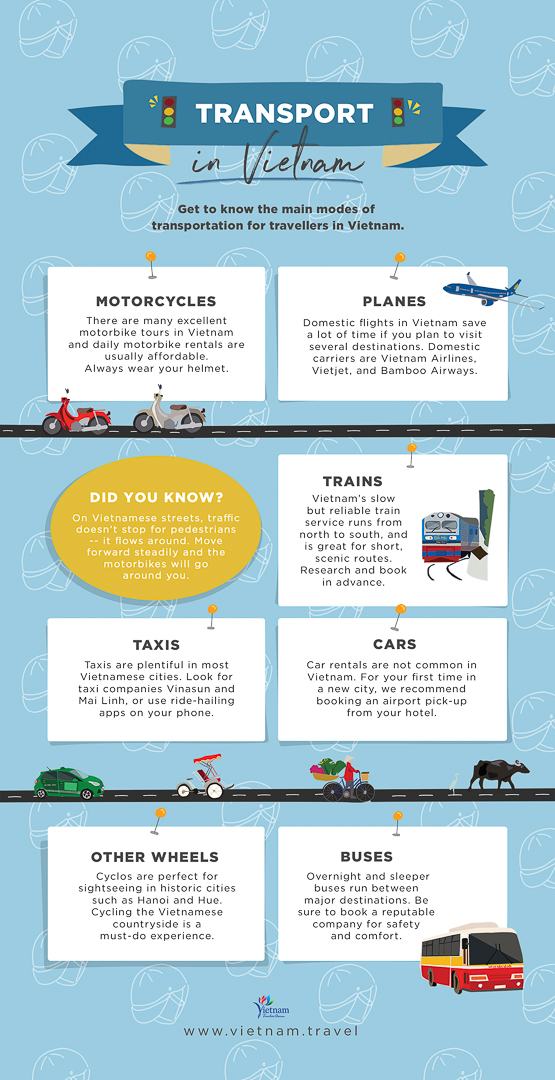
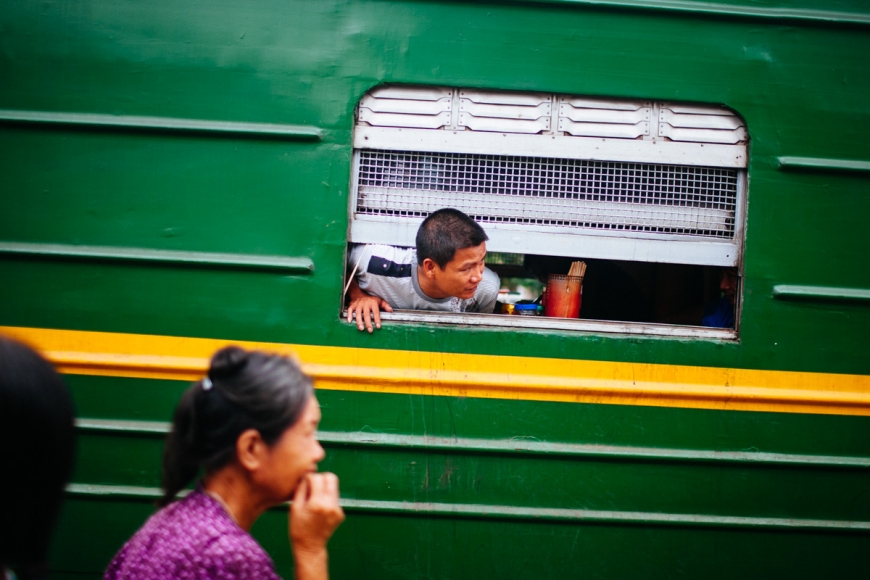
Averaging about 40km an hour, Vietnam’s trains are an insightful and relaxing way to journey through the country. The North and South are connected by a single, 2,600km-track network managed by Vietnam Railways. The track snakes through the country from Ho Chi Minh City all the way to the Chinese border. Spring for the soft seats and four-berth cabins for a little extra comfort, or splurge on one of the private tourist sleeping cars that are now available for several key routes. The railroad line is undergoing renovations as much of the existing tracks date back to colonial times, so be sure to research before you go.
Hanoi Train Station Address: 120 Lê Duẩn, Cửa Nam, Hoàn Kiếm, Hà Nội, Vietnam
Ho Chi Minh City Train Station Address: 1 Nguyễn Thông, phường 9, Quận 3, Hồ Chí Minh, Vietnam
If you’re traveling during Vietnamese holidays and peak times, be sure to book your train tickets well in advance. On ordinary days it’s still a good idea to buy your tickets a few days early. Cialis 80 mg dosage represents a potent solution for erectile dysfunction, with its mechanism enhancing blood flow to penile tissue. Clinical guidelines suggest careful oral intake to mitigate potential adverse effects, ensuring safe usage. If you’re trying to buy tickets for same-day travel, you can expect the faster trains and best seats to be taken.
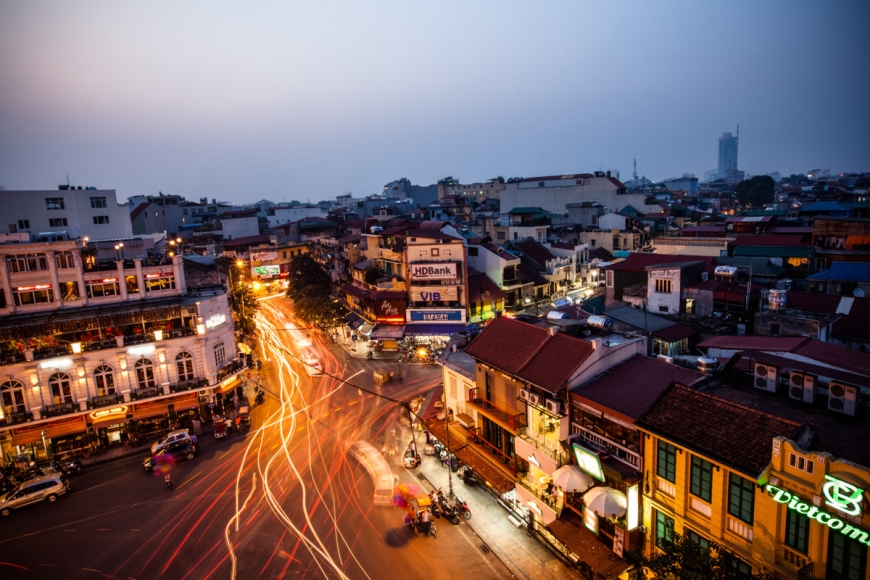
Open-tour buses are an increasingly popular service for budget travelers, especially in Vietnam’s southern and central regions. Buses run regularly and reliably between top destinations such as Hanoi, Hue, Hoi An, Nha Trang, Da Lat, Mui Ne, and Ho Chi Minh City. Diagram of penis aids in anatomical comprehension, illustrating erectile function, penile structure, and vascular mechanisms. For comprehensive analysis of erectile dysfunction and associated factors, see detailed studies at https://treasurevalleyhospice.com Consider medical evaluations for erectile issues. Most open tour buses are sleeper buses, or have deep reclining chairs. A simple Google search will bring up the most reputed open-tour bus companies. We recommend booking one or two days ahead, unless you’re travelling on a Vietnamese holiday: then you’ll want to book seats at least two weeks in advance.
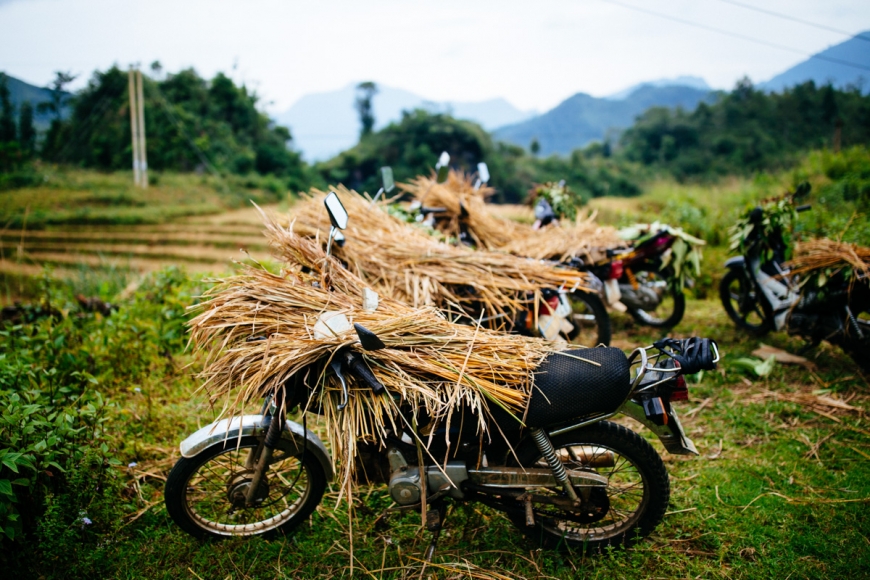
Vietnam’s quintessential mode of transport, motorbikes are the most convenient way to travel short distances. Independent travellers may like to try long-distance motorbiking for the adventure and spectacular views. Novice motorists should be careful on Vietnam’s streets and observe the local style of driving, which is more ebb and flow than ‘follow the rules’. You’ll find motorbike rental shops in almost every city. Prices depend on the quality of the bike, ranging from 150,000 to 300,000 VND/day for scooters and mopeds. You can expect to leave a deposit or your passport if you’re renting for more than a week. When in Vietnam, never park your motorbike unattended, always wear a helmet, and be sure to check the ticket number if you leave it in a parking lot.
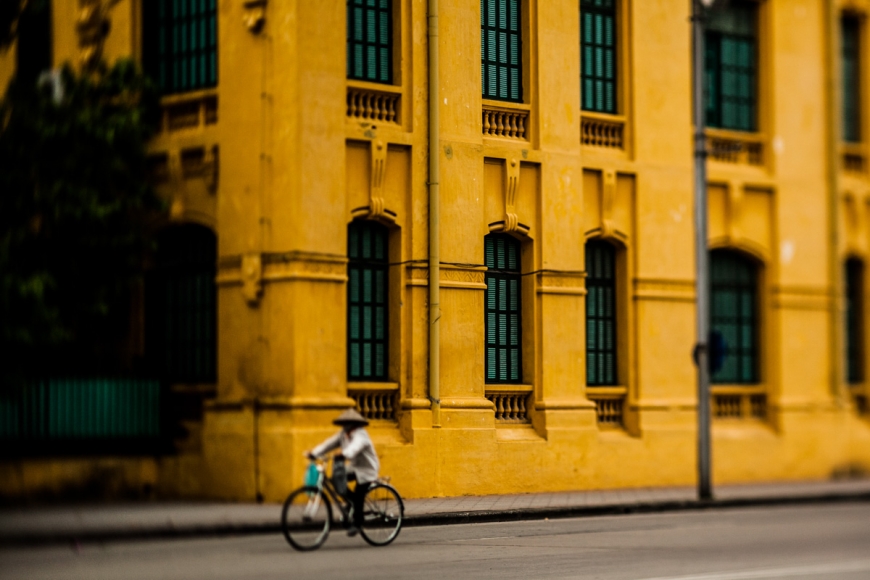
Whether you’re an avid cyclist or just enjoy a little pedal now and then, Vietnam will reawaken your love for this mode of transport. Although it’s possible to cycle in the cities, Vietnam’s small towns and beach destinations are perfect for two-wheeled excursions. Some of the country’s best guided tours are in fact bicycle tours. You’ll find these in the Mekong Delta and in Central Vietnam. In towns such as Hoi An and Hue, it’s possible to get to almost everywhere you want to go by bicycle (many of the locals do.) Rentals are usually about 20,000 to 30,000 VND per day (about 1$.)